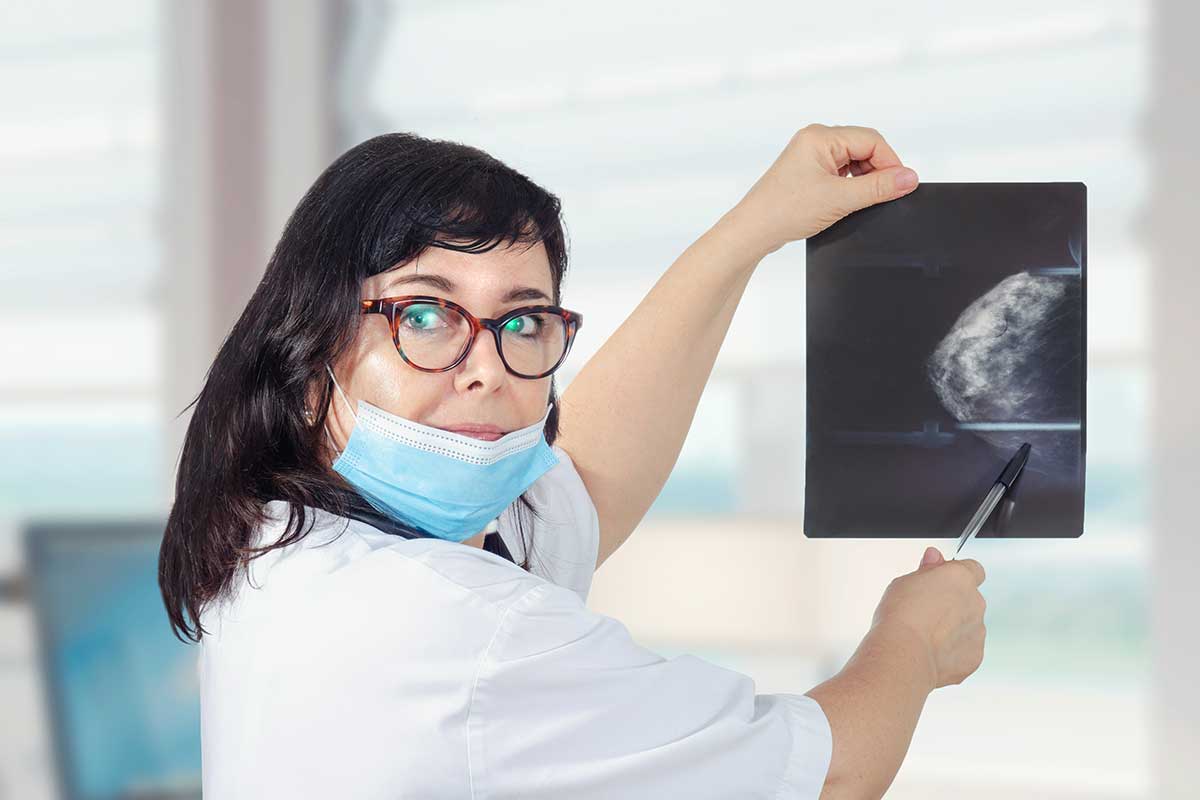
Mastologist
Watch our video about Mastologist
A Mastologist is a medical specialist who focuses on the diagnosis, treatment, and prevention of breast diseases. Their expertise includes both benign and malignant conditions, ensuring that patients receive proper medical attention for breast health.
Mastologists play a critical role in breast cancer screening, early detection, and treatment. They also assist patients with breast pain, infections, hormonal imbalances, and reconstructive surgery after cancer treatment. Their work is essential in ensuring that breast-related conditions are managed effectively and in promoting awareness of breast health.
What Conditions Does a Mastologist Treat?
A Mastologist specializes in diagnosing and managing various breast conditions, including:
- Breast Cancer – A malignant tumor in the breast tissue that requires early detection and specialized treatment.
- Fibroadenoma – A common benign breast tumor that may require monitoring or removal.
- Mastitis – An infection of the breast tissue, often associated with breastfeeding.
- Breast Cysts – Fluid-filled sacs that can cause discomfort or pain but are usually non-cancerous.
- Gynecomastia – Enlargement of breast tissue in men due to hormonal imbalances.
- Nipple Discharge Disorders – Conditions that cause abnormal secretion from the nipple, which may require evaluation.
- Breast Pain (Mastalgia) – Persistent breast pain that may be linked to hormonal changes or underlying conditions.
How Can a Mastologist Help?
A Mastologist provides specialized care to improve breast health and diagnose conditions early. Whether dealing with breast lumps, infections, or cancer, they ensure accurate evaluation and personalized treatment plans.
In addition to treating diseases, mastologists focus on preventive care by encouraging self-examinations, mammograms, and lifestyle changes that reduce the risk of breast-related conditions. Their role is crucial in empowering patients to maintain optimal breast health throughout life.
What Tests Does a Mastologist Order?
To diagnose and monitor breast conditions, a Mastologist may request several tests, including:
- Mammogram – An X-Ray of the breast used for cancer screening and early detection.
- Breast Ultrasound – A non-invasive imaging test that helps evaluate lumps and cysts.
- Breast MRI (Magnetic Resonance Imaging) – Provides detailed images to detect abnormalities in dense breast tissue.
- Biopsy (Needle or Surgical) – A procedure to remove a sample of breast tissue for analysis.
- Hormone Level Tests – Determines if hormonal imbalances are affecting breast health.
- Genetic Testing (BRCA1 and BRCA2) – Identifies hereditary risks for breast cancer.
- Nipple Discharge Analysis – Examines fluid from the nipple to check for infections or abnormal cells.
When Should You See a Mastologist?
It is essential to visit a Mastologist when experiencing symptoms related to breast health or for routine preventive care. Some key reasons to schedule an appointment include:
- Breast Lump or Mass – If you detect a lump or abnormal swelling in the breast, it is crucial to have it examined to determine whether it is benign or malignant. Early detection is key to successful treatment.
- Changes in Breast Shape or Size – Sudden or unexplained changes in breast size, shape, or symmetry could indicate an underlying medical condition that requires evaluation.
- Persistent Breast Pain – Occasional breast tenderness is normal, but persistent or severe pain may be a sign of hormonal imbalances, infections, or cysts.
- Nipple Discharge (Bloody or Unusual Secretion) – Any discharge from the nipples, especially if bloody or persistent, should be assessed by a specialist.
- Skin Changes on the Breast – Redness, dimpling, or thickening of the breast skin can be early signs of inflammatory breast cancer or infections.
- Family History of Breast Cancer – If you have close relatives with breast cancer, you may have a higher genetic risk. A mastologist can recommend preventive measures and screening tests.
- Routine Breast Cancer Screening – Regular mammograms and clinical breast exams are essential for early cancer detection and prevention. If you are over 40 or have risk factors, consult a mastologist to create a personalized screening plan.
If you are experiencing any of these symptoms, schedule an appointment with a Mastologist at Clinic Consultation today. Early diagnosis can prevent complications and improve treatment outcomes.
How to Prevent Breast-Related Conditions?
Maintaining breast health involves regular checkups and lifestyle changes. Some essential preventive measures include:
- Perform regular breast self-exams – Checking for lumps or changes in the breast helps with early detection.
- Schedule routine mammograms – Women over 40 should have annual or biannual mammograms for early cancer detection.
- Maintain a healthy diet – Eating a balanced diet rich in fruits, vegetables, and healthy fats supports breast health.
- Exercise regularly – Physical activity helps regulate hormones and reduces the risk of breast cancer.
- Limit alcohol consumption and avoid smoking – Both habits increase the risk of developing breast-related conditions.
- Manage stress levels – High stress can lead to hormonal imbalances that affect breast health.
- Be aware of your family history – If breast cancer runs in your family, discuss genetic testing and early screening options with a mastologist.
What to Ask a Mastologist During Your First Consultation?
To make the most out of your visit, consider asking your Mastologist the following questions:
- What is my risk of developing breast cancer?
- What symptoms should I watch for regarding breast health?
- Do I need genetic testing for breast cancer risk?
- What lifestyle changes can help maintain breast health?
- How often should I have a mammogram or breast ultrasound?
- What are the treatment options if I have a benign breast condition?
- Are there any warning signs that require immediate medical attention?
Understanding your breast health ensures better prevention and early treatment options.
If you need expert breast health care, book an appointment with a Mastologist at Clinic Consultation today. Our specialists provide advanced screening, diagnosis, and treatment solutions for all breast conditions.
Click here to schedule an appointment online